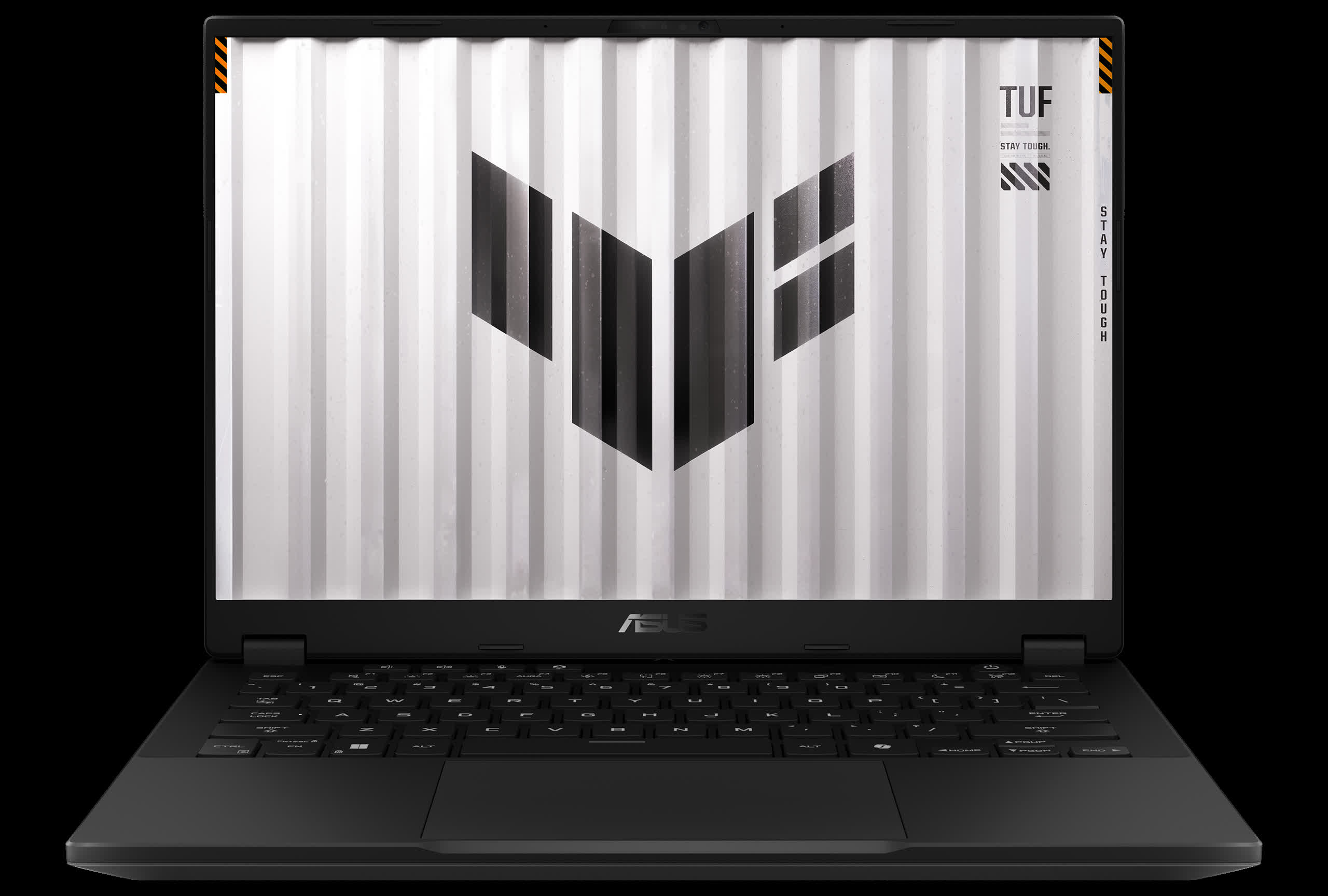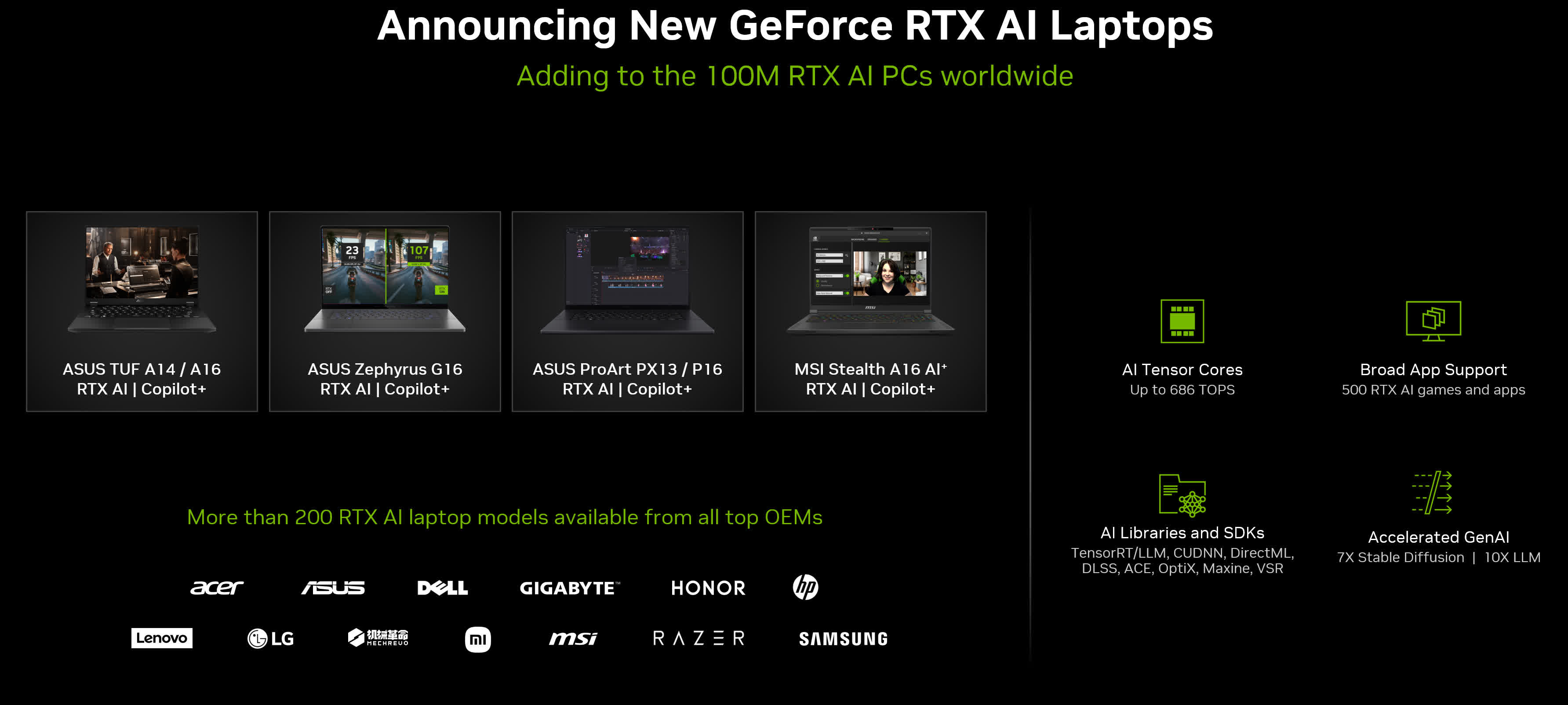The big picture: Microsoft, Intel, AMD, and Qualcomm recently presented their plans to introduce “AI PCs” leveraging neural processing units NPUs for onboard generative AI, primarily through Microsoft’s Copilot AI assistant. However, AI industry leader Nvidia believes its RTX graphics chips are better suited to the task. Among the company’s announcements is a confirmation that Microsoft and Nvidia are collaborating to enable Copilot to utilize RTX hardware.
Developers creating Windows apps that leverage generative AI will soon gain access to an API for running GPU-accelerated small language models through the Windows Copilot Runtime. The collaboration between Microsoft and Nvidia will allow Copilot and related generative AI applications to run on both NPUs and RTX GPUs, potentially bringing locally processed AI workloads to more PCs.
The centerpiece of Computex this year has arguably been the AI PC, highlighted by presentations of upcoming processors from Intel, AMD, and Qualcomm. One of the main selling points of new chip lineups like Intel’s Lunar Lake, AMD’s Strix Point, and Qualcomm’s Snapdragon X is how well their NPUs handle generative AI applications without total dependence on cloud servers. NPUs are central to the new AI PC specifications defined by Microsoft and Intel. Apple is expected to present similar plans at WWDC next week.
Predictably, Nvidia prefers that its GPUs become the popular platform for client-side AI. In a recent internal presentation, the company claimed that entry-level and mid-range RTX 4000 graphics cards can process AI several times faster than the latest NPUs from CPU designers. Nvidia’s biggest advantage is that, while the competition has yet to launch its new AI PCs or convince customers to buy them, RTX GPUs are already installed in millions of systems worldwide.
However, the range of “RTX AI PC” applications is currently limited to features like DLSS in video games, streaming audio enhancements, and Nvidia’s chatbot. Enabling Copilot to exploit this hardware might expand the range of use cases and bring the full suite of Microsoft’s AI assistant to more PCs. Nvidia also recently unveiled an AI-based gaming assistant, similar to the Copilot assistant that Microsoft previously revealed.

The AI PC showcases have largely focused on APUs and integrated graphics, but Nvidia also presented a series of “RTX AI” laptops from MSI and Asus, combining the new AMD CPUs with the mobile RTX 4070. These are sure to be the first of many devices to run Copilot on both NPUs and GPUs. Similar Lunar Lake-based systems will inevitably follow.
Moreover, Nvidia and Dell recently hinted that they might unveil an AI PC-related collaboration next year. The plans could involve AI PCs with RTX GPUs, but an Arm-based CPU or APU from Nvidia isn’t out of the question.






